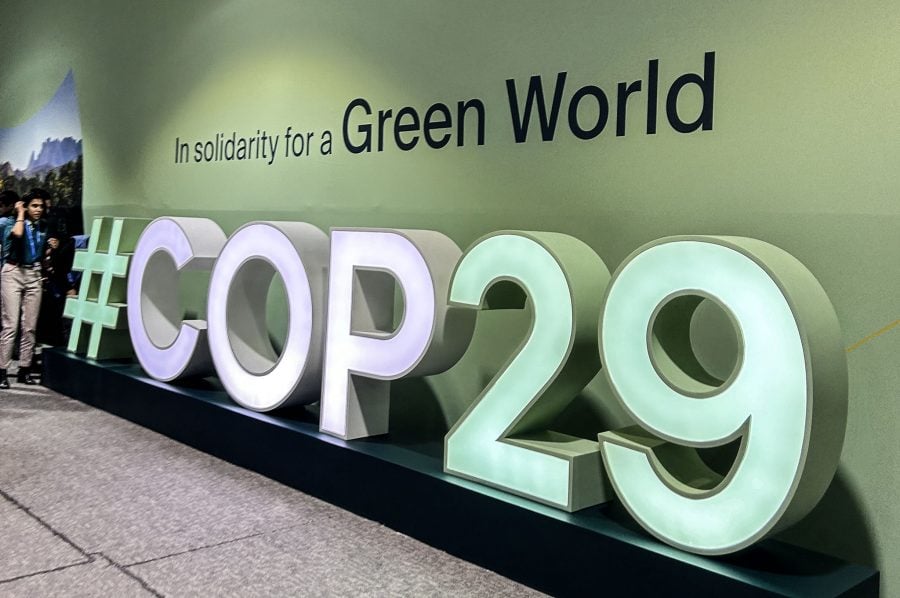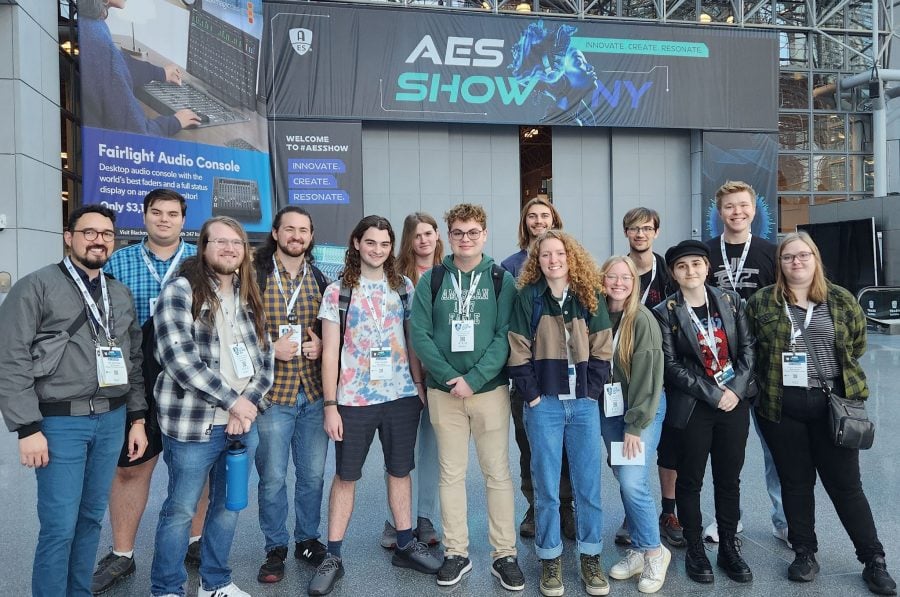
For the fifth year, Huskies attended the United Nations Climate Change Conference to observe the world’s only multilateral decision-making forum on climate change, also known as COP 29. COP 29 stands for the 29th meeting of the Conference of the Parties (COP) to the UN Framework Convention on Climate Change (UNFCCC), a landmark international treaty agreed in 1992, and parent treaty to the 2015 Paris Agreement.
